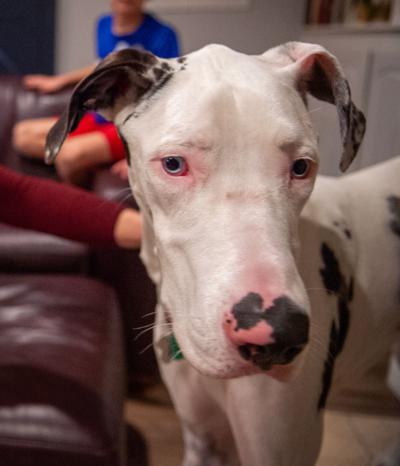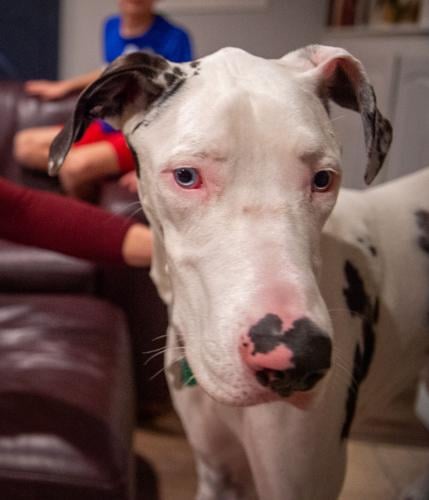Here is what you need to know to protect your dog in the recent respiratory outbreak in dogs, according to Pennsylvania Department of Agriculture and Dr. Deborah Silverstein, professor and section chief of emergency and critical care, Ryan Hospital, School of Veterinary Medicine at the University of Pennsylvania.
What to watch for
- Cough that lasts for weeks
- Runny eyes
- A minority of affected dogs will develop more severe clinical signs that include fever, lethargy, lack of appetite and rarely difficult breathing (pneumonia)
What to do if your dog is showing symptoms
- If you have a sick dog, keep them isolated from other dogs.
- Dogs with signs of systemic malaise or increased breathing effort should be evaluated by a veterinarian as soon as possible.
- Be sure to call your veterinarian prior to arriving so proper precautions can be taken to prevent the spread to other animals in the hospital.
Preventative measures
- Do not let your dog near dogs that are sick.
- Keep your dog away from other dogs if your dog is sick or coughing.
- Ensure your dog is vaccinated for Bordetella bronchiseptica, canine parainfluenza, and canine influenza (bivalent vaccine if available).
- Avoid exposing your dog to unknown dogs, especially in areas where a large number of dogs from different households gather.
- Before taking your dogs to a boarding kennel or groomer, check to see if they have had any sick dogs recently, and what vaccination requirements they have.
- Avoid public water bowls and drinking fountains designed for dogs.


 LISA SCHEID | Business Trends Reporter
LISA SCHEID | Business Trends Reporter



